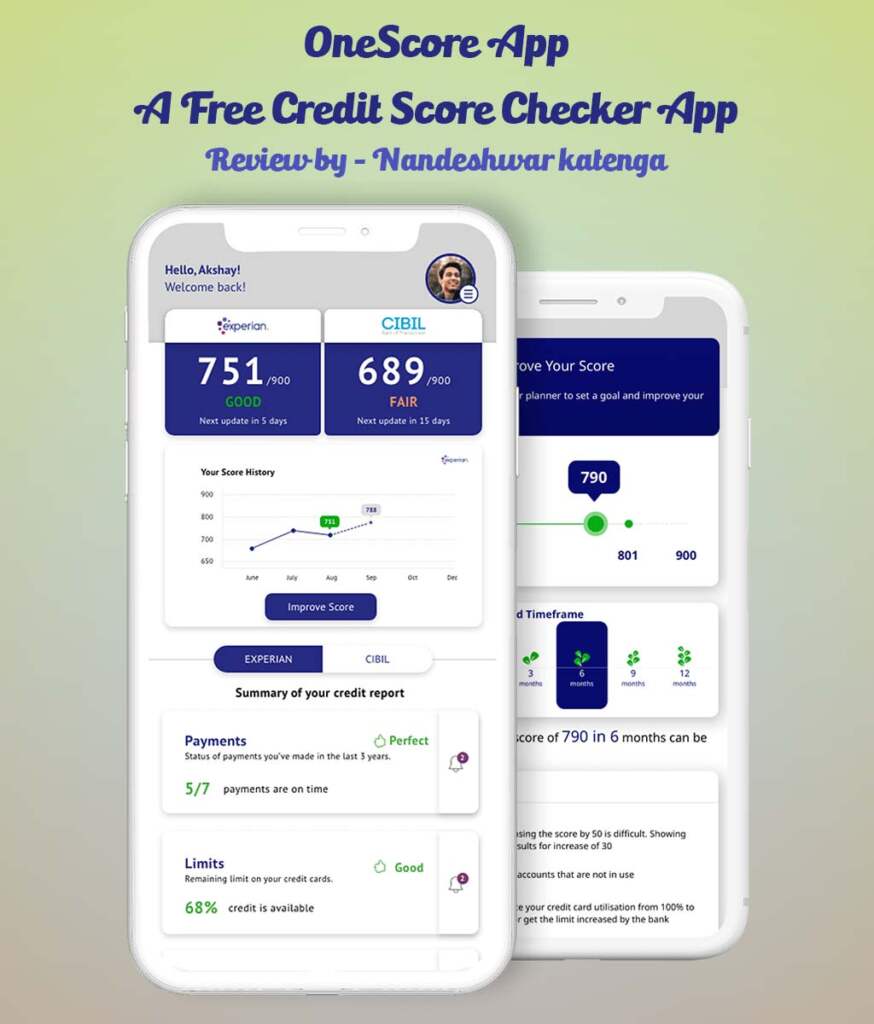Five Banks Fall Foul of RBI Scrutiny: A Deep Dive into Regulatory Violations and Customer Implications
In a stern move aimed at upholding financial integrity, the Reserve Bank of India (RBI) recently penalizes five banks with a cumulative fine of 84 lakh rupees for breaching crucial regulatory guidelines. This action underscores the central bank’s unwavering commitment to maintaining a robust and compliant banking ecosystem in India.
Breaches Unveiled: A Closer Look at the Penalized Banks and their Missteps
The spotlight falls on NKGSB Cooperative Bank Limited, slapped with a hefty 50 lakh rupee fine for failing to adhere to stringent Know Your Customer (KYC) norms. This lapse jeopardizes the financial system’s vulnerability to illegal activities like money laundering and poses a significant risk to national security.
Patdi Nagarik Sahakari Bank Limited comes under fire for a 10 lakh rupee penalty for granting loans to a director’s close relative, a blatant conflict of interest and a violation of ethical banking practices. Additionally, accepting non-interest-bearing deposits outside of current account deposits further tarnishes their compliance record.
New India Co-operative Bank Limited faces a 15 lakh rupee fine for exceeding the stipulated limits on donations, raising concerns about transparency and responsible management of funds. Mehsana Nagarik Sahakari Bank Limited also finds itself on the wrong side of the ledger, penalized 7 lakh rupees for accepting loans with a bank director’s relative as guarantor and neglecting to transfer mandatory amounts to the Depositor Education and Awareness Fund, compromising customer protection and financial literacy initiatives.
Rounding up the list is Idar Nagarik Sahakari Bank Limited, hit with a 2 lakh rupee fine for disregarding prudent inter-bank exposure and counterparty risk limits. These practices expose the bank to excessive financial vulnerability and threaten the stability of the entire financial network.
Why Regulatory Compliance Matters: Safeguarding Trust and Stability in the Banking Landscape
The RBI’s decisive action serves as a potent reminder of the paramount importance of regulatory compliance in the banking sector. Adherence to established norms safeguards the interests of all stakeholders, from individual depositors to the broader economy. When regulations are respected, trust in the financial system flourishes, encouraging investment, promoting stability, and ultimately driving economic growth. Conversely, non-compliance breeds chaos, undermines confidence, and exposes the system to systemic risks.
Related Articles
Understanding the RBI’s Arsenal: A Regulatory Framework for a Compliant System
The RBI wields a comprehensive regulatory framework encompassing key laws and regulations like the Banking Regulation Act, 1949, and the Know Your Customer (KYC) norms. These guidelines dictate responsible banking practices, establish risk management protocols, and ensure transparency in financial transactions. The RBI actively monitors adherence through regular inspections and audits, and promptly addresses discrepancies through corrective measures like fines and penalties.
Customer Concerns Addressed: Checking Your Bank’s Status and Protecting Your Finances
With news of the penalties swirling, bank customers may understandably harbor concerns about the safety and security of their own accounts. The RBI provides a straightforward solution: a publicly accessible list of penalized banks. By visiting the RBI website or utilizing official mobile applications, individuals can easily verify if their bank features on the list.
While the potential impact of these penalties on customers directly may vary, heightened scrutiny of accounts, temporary restrictions on specific banking activities, and potential delays in processing transactions are not inconceivable. To navigate these possibilities and safeguard their finances, customers can proactively update and maintain accurate KYC information, diligently monitor account activity for any anomalies, and remain vigilant in reporting suspicious transactions to the bank immediately.
RBI’s Vigilant Gaze: A Commitment to a Robust and Ethical Banking Ecosystem
The RBI’s recent actions paint a clear picture of an unwavering commitment to enforcing regulatory compliance and upholding the integrity of the banking sector. These measures, though seemingly stringent, ultimately serve the greater good by fostering a transparent, responsible, and trustworthy financial environment for all. For customers, staying informed about the RBI’s regulatory initiatives and vigilantly adhering to ethical banking practices remain key to navigating the landscape and ensuring the safety and security of their hard-earned finances.
FAQs:
- What are KYC norms? Know Your Customer (KYC) norms are a set of regulations implemented by the RBI to verify the identity and address of bank account holders, thereby combating financial crimes like money laundering and terrorist financing.
- How can I check if my bank is penalized? You can access the RBI’s official list of penalized banks through their website or mobile applications.
- What are the potential impacts of these penalties on bank customers? Increased scrutiny of accounts, temporary restrictions on certain banking activities, and potential delays in processing transactions are some possible consequences.
- What steps can I take to protect my accounts? Regularly update and maintain accurate KYC information, monitor account activity closely, and report any suspicious transactions to the bank immediately.


